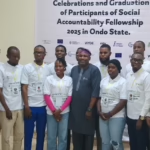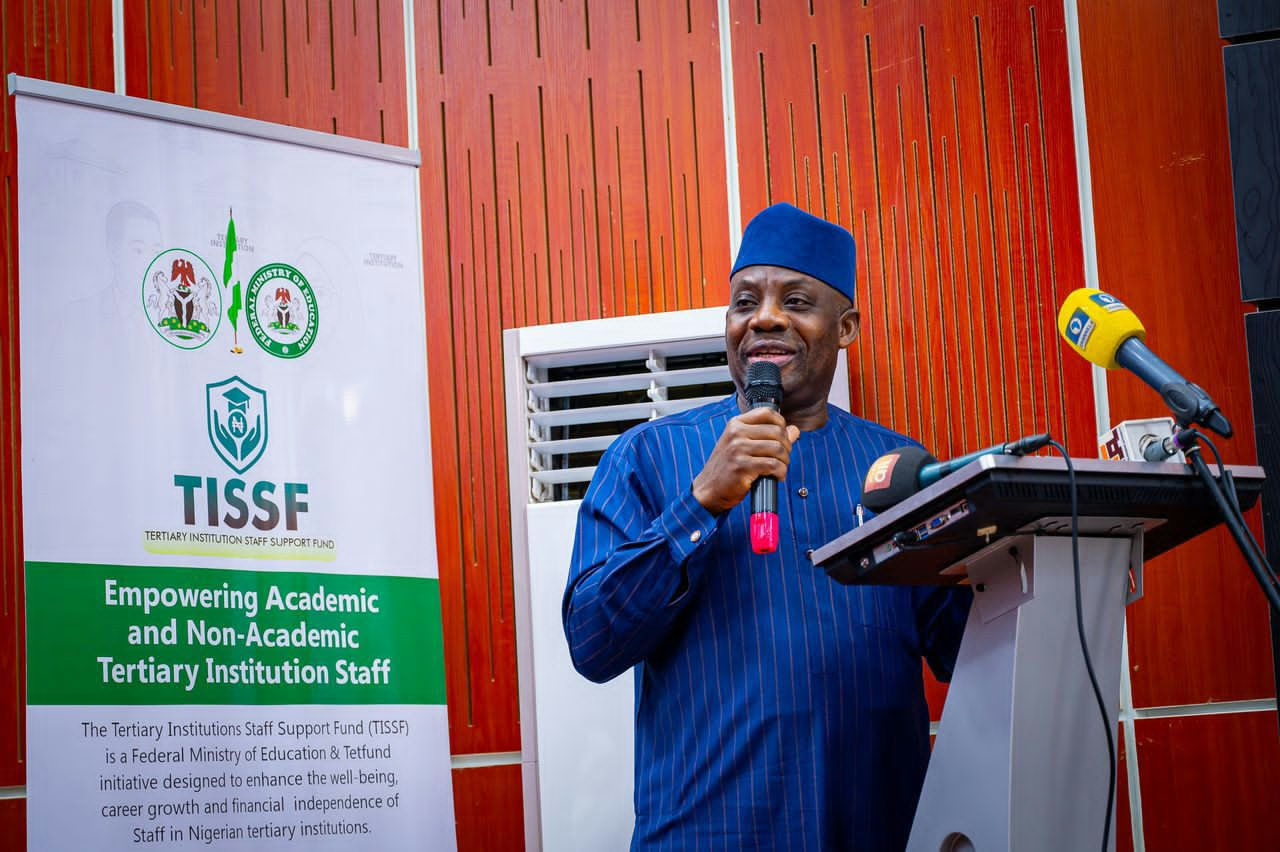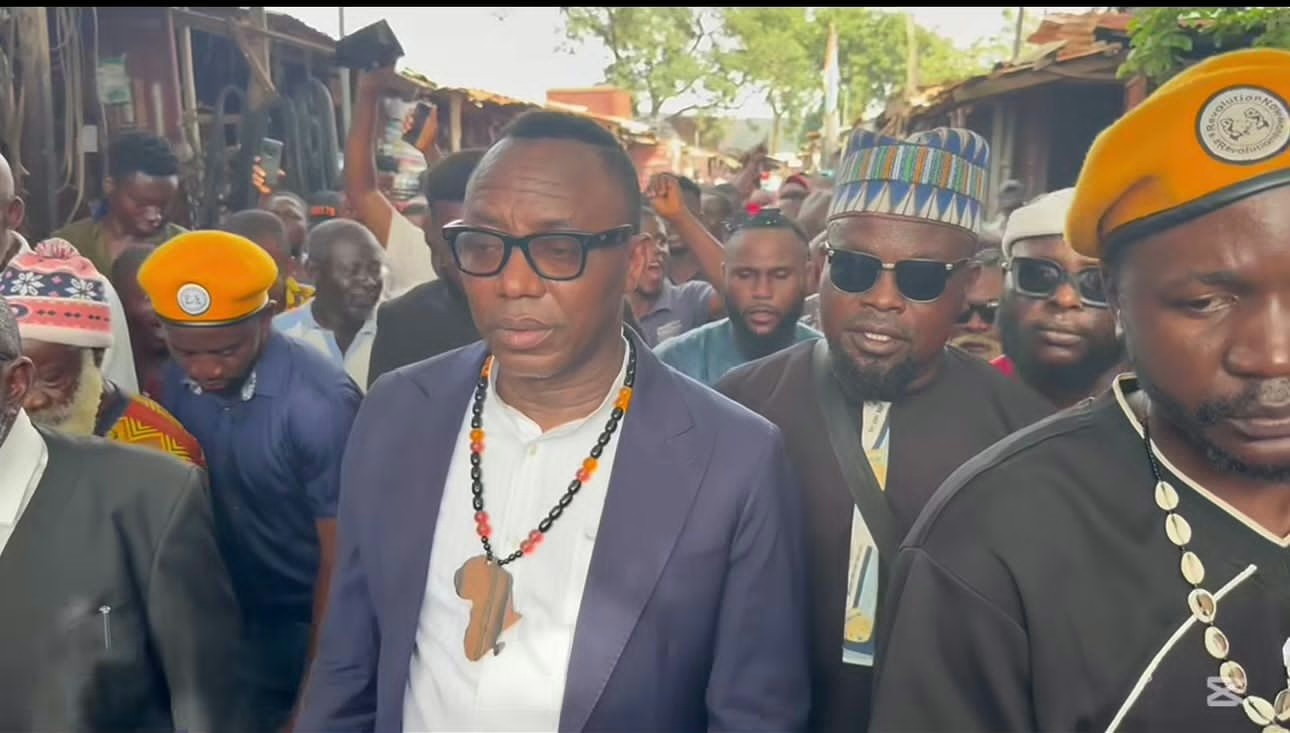…Expands Social Register to 19.7 Million — Minister
The Federal Government has deployed cutting-edge technologies including artificial intelligence (AI), satellite imagery, and telecommunications data to accurately identify poor Nigerians residing in urban slums, the Minister of Humanitarian Affairs and Poverty Reduction, Nentawe Yilwatda, has disclosed.
In an interview on Arise News PrimeTime Show, Minister Yilwatda explained that the integration of AI has significantly strengthened the National Social Register — the government’s database of vulnerable Nigerians — by broadening its scope beyond rural communities to encompass the urban poor.
“To help someone, you must first know them. You cannot support people you cannot identify. That’s why the first step was validating the social register,” the minister said.
He noted that following a directive from President Bola Tinubu to include urban poor populations, the ministry adopted innovative approaches to locate and verify those in need. Satellite imagery was employed to map urban slums, while base stations and telecoms data were analysed to identify phone numbers within these locations.
“AI was then used to generate a list of urban poor individuals by verifying those phone numbers, their access to financial services, and other socioeconomic indicators,” Yilwatda added.
This strategy has led to a marked increase in the National Social Register’s coverage, which has risen from 13 million to 19.7 million persons. The government aims to reach 15 million households, approximately 75 million Nigerians, through its poverty alleviation programmes.
“Nigeria has about 43 million households. Our target is 15 million households, which, when multiplied by an average household size of five persons, means about 75 million Nigerians will benefit from these interventions,” he explained.
The minister emphasised the distinction between food poverty and multidimensional poverty, the latter encompassing lack of education, clean water, healthcare, and access to financial services.
“Food poverty, which is simply the lack of sufficient food, affects around 42 per cent of Nigerians,” Yilwatda stated. “If you calculate 42 per cent of our 200 million population, that comes to about 80 million people, or approximately 20 million households when divided by an average household size of five.”
He further revealed that 15 million of these households, representing over 75 per cent of food-poor Nigerians, are currently being reached via conditional cash transfers. Each household receives N75,000, which may appear modest by urban standards but is significant in rural areas.
“I understand that N75,000 may seem trivial to city dwellers, but in rural communities, it makes a considerable impact,” the minister remarked.
According to a joint research project conducted with the World Bank and civil society organisations, 18 per cent of beneficiaries invested the cash into starting nano or small-scale businesses, 82 per cent utilised it to improve food security, and 52 per cent paid school fees for their children.
“While the cash transfers are not the sole source of income for recipients, they serve as a meaningful supplement that helps cushion the harsh effects of poverty,” Yilwatda explained.
Beyond cash transfers, the minister highlighted structural interventions aimed at combating food insecurity and fostering long-term economic resilience.
“This year, food prices have stabilised and food inflation has eased, thanks to various government measures,” he said.
Among the initiatives cited were scholarships for students from low-income families and a N1.5 trillion agricultural loan scheme managed through the Bank of Agriculture to empower farmers and increase food production.
Yilwatda acknowledged that previous poverty alleviation efforts were largely humanitarian in nature but emphasised that the current administration is focused on sustainable poverty eradication.
“Poverty alleviation reduces immediate suffering; poverty reduction lifts people out of poverty permanently,” he said. “Previously, efforts centred mainly on relief materials, food distribution, and cash transfers. These are important but insufficient. Our focus is now shifting towards fundamentally reducing poverty.”












Leave a Reply